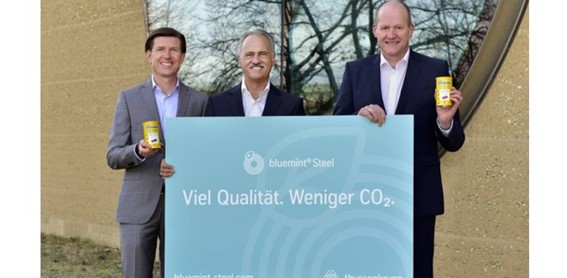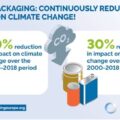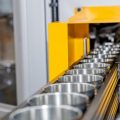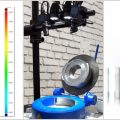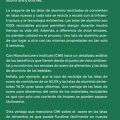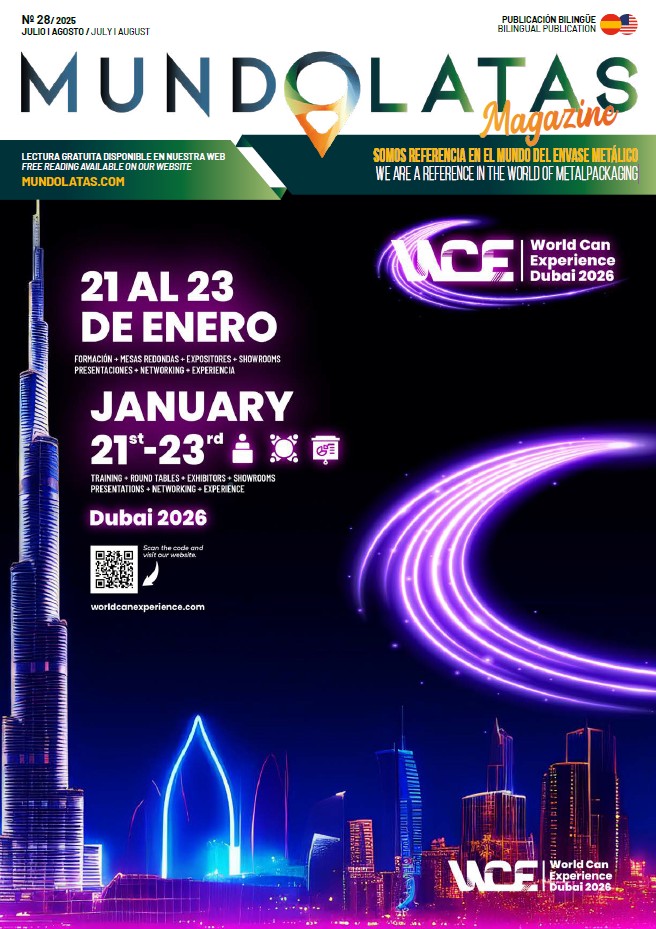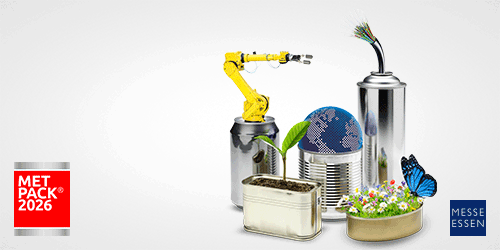The first canned food with reduced CO2 intensity is now a reality. German tinplate manufacturer Thyssenkrupp Rasselstein has launched the world’s first food can made of bluemint® reduced CO 2 steel together with Swiss companies Hoffmann Neopac and Ricola in March.
The three companies have teamed up to launch the first food can made from CO2-reduced packaging steel, making packaging even more sustainable. So far, the food can made from packaging steel has already excelled with almost 100 percent recyclability and closed recycling cycles.
In addition, this new initiative, which is part of the sustainability and resource conservation project forming part of the corporate strategy, incorporates an innovative manufacturing process that saves a considerable amount of CO 2. In the joint project, Thyssenkrupp Rasselstein supplies the steel for CO 2 reduction packaging, Hoffmann Neopac produces and prints the cans with solar energy, and Ricola uses energy from renewable sources for the production and filling of its herbal drops.
“By using our new bluemint® Steel, CO 2 emissions from can production can be significantly reduced,” notes Peter Biele, CEO of ThyssenKrupp Rasselstein, “which makes our product even more sustainable.”
For his part, Mark Aegler, CEO of Hoffmann Neopac adds that “sustainability is at the heart of everything we do. We produce our cans in Switzerland with 100% electricity from renewable sources while working on our own decarbonization program.”
In the steel production process, the so-called HBI, i.e. already reduced sponge iron, was used. This reduces the use of coal for the reduction process in the blast furnace. The result is a real and globally effective reduction of CO2 emissions. “This project is an important step toward achieving our climate goals,” says Biele. Thyssenkrupp Steel Europe is committed to being completely climate neutral by 2045.

